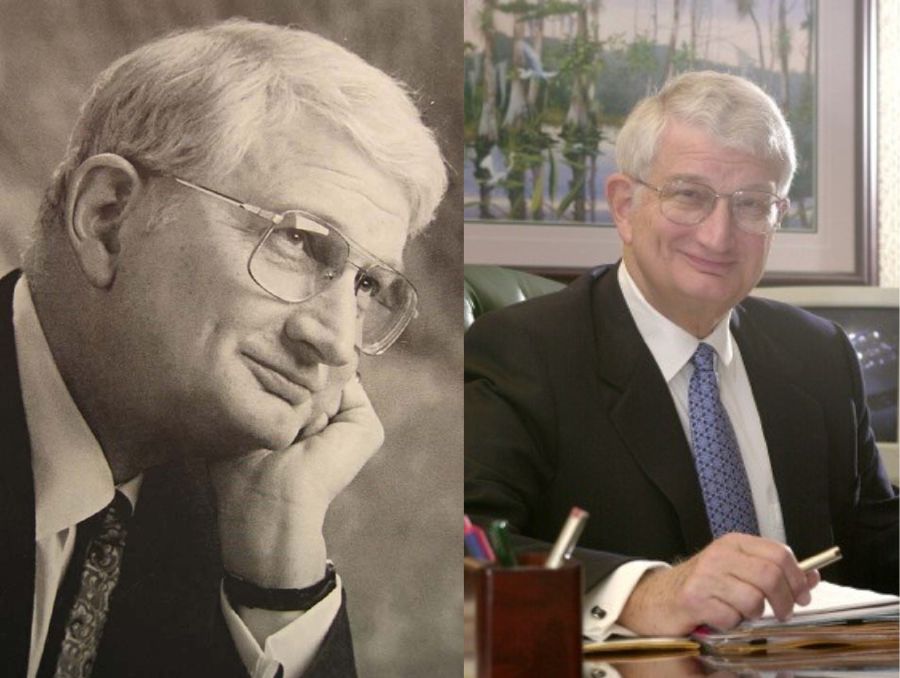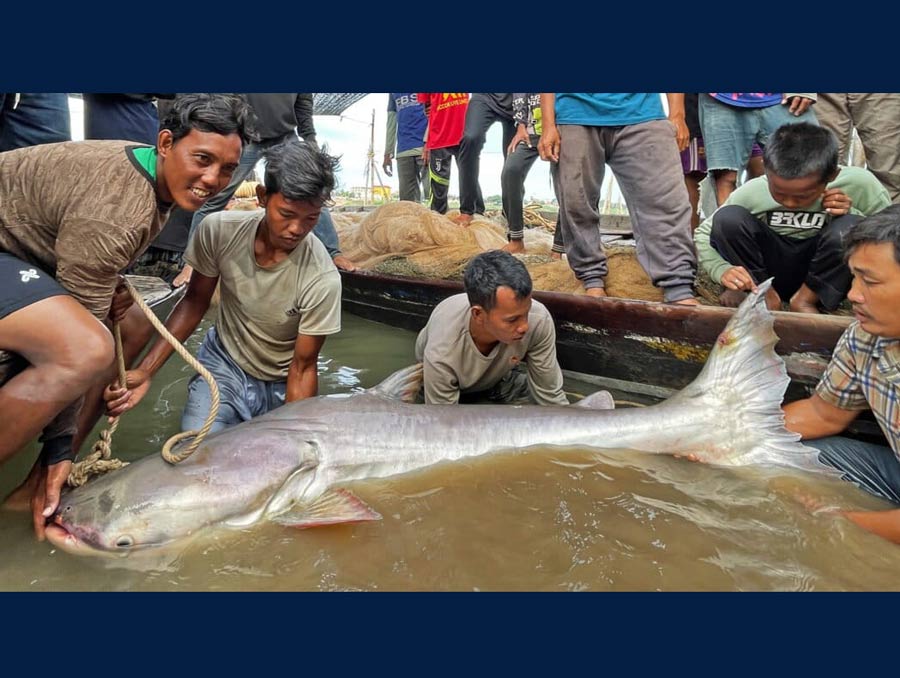Marc Johnson describes the University of Nevada, Reno as having a strong reputation for continuing in the great tradition of land-grant universities. Coming from Johnson, Nevada’s new executive vice president and provost, the accolade is especially meaningful.
An economist with a specialty emphasis on national and international food distribution, Johnson has contributed to discussions and advancements in many countries, from Botswana to Honduras.
“I appreciate the opportunity to work in a land-grant university with its special missions to open access for college education for all who are prepared to learn, to provide basic and applied research relevant to real-world issues of people, and to serve as a provider of knowledge directly to the public where it can be used,” says Johnson, who arrived on campus June 2 and will assume provost responsibilities on July 1.
This core tenet is an apt description of Johnson’s outreach work.
“My research has dealt with the structure and function of market systems,” Johnson says. “This has led to evaluation of transportation regulation, regional economics and the function of international food economies migrating to market-based systems.”
He is particularly proud of work conducted in Sri Lanka, where an effort to privatize the food system involved citizens from within the government bureaucracy to small shop owners. The result was progress toward a more efficient system and lower food prices, and these outcomes contributed to a stronger national economy.
For the past three years, Johnson has been part of a team working with a state university in Russia. That country’s agricultural system produces 50 percent of what it did in 1989, and the university is looking to emulate the land-grant tradition as a means to help family farms and eventually reverse the trend. It has been a mission-affirming project for Johnson, who now looks forward to helping apply the University’s expertise and resources for the benefit of Nevadans.
“Marc’s research has practical application,” says Milt Glick, University president. “He has a deep appreciation for the land-grant mission and, more important, an understanding about how to translate that mission into programs and research that help meet Nevada’s challenges and opportunities.”
Johnson comes to Nevada from Colorado State University where he was dean of the College of Agricultural Sciences. As provost, he will oversee the University’s academic and outreach programming, which includes the University’s nine degree-granting colleges, extended studies programs and University of Nevada Cooperative Extension.
Johnson plans to emphasize the development of financial resources and support structures to help faculty and students fulfill their objectives.
Ultimately, he envisions the creation of a “stimulating, challenging, safe learning environment where students can prepare to be contributors to economic, social, scientific, and artistic progress; a strong set of research programs which discover solutions to global issues; a connection with Nevada communities, as knowledge-partner, to apply the power of knowledge and the arts to improve quality of life.”
Raised and employed on the family fruit farm near Wichita, Kan., Johnson began his career as a laboratory and instructional assistant at the Kansas State Teachers College. He served as a faculty member at North Carolina State University and Oklahoma State University. He returned to North Carolina State University, where he was associate head of the Department of Economics and Business, then joined Kansas State University, where he was head of the Department of Agricultural Economics.
From 1992 to 2003, Johnson was dean of the Kansas State College of Agriculture and director of the Kansas Agricultural Experiment Station and Cooperative Extension Service.
Johnson holds a bachelor’s degree in biology from Emporia State University in Kansas, which named him a Distinguished Alumnus in 1994.
His advanced degrees include a master of technology in international development from North Carolina State University, a master of economics from Michigan State University, and a doctorate of agriculture economics from Michigan State University.
“Marc brings an impressive breadth of teaching, research and administrative experience,” Glick says. “He is well qualified to help us continue to elevate the quality of this University’s academic programming and increase our research capacity.”










